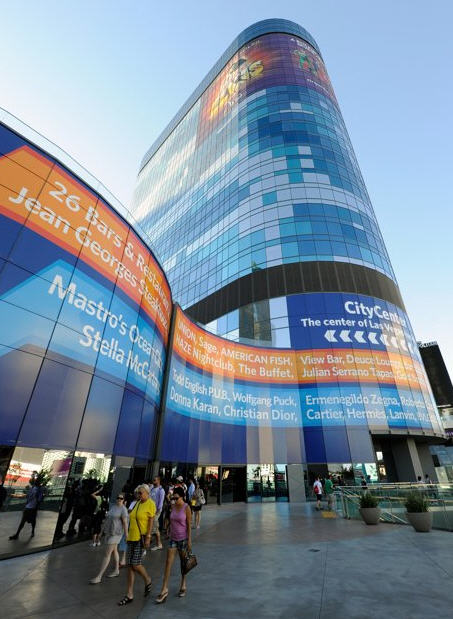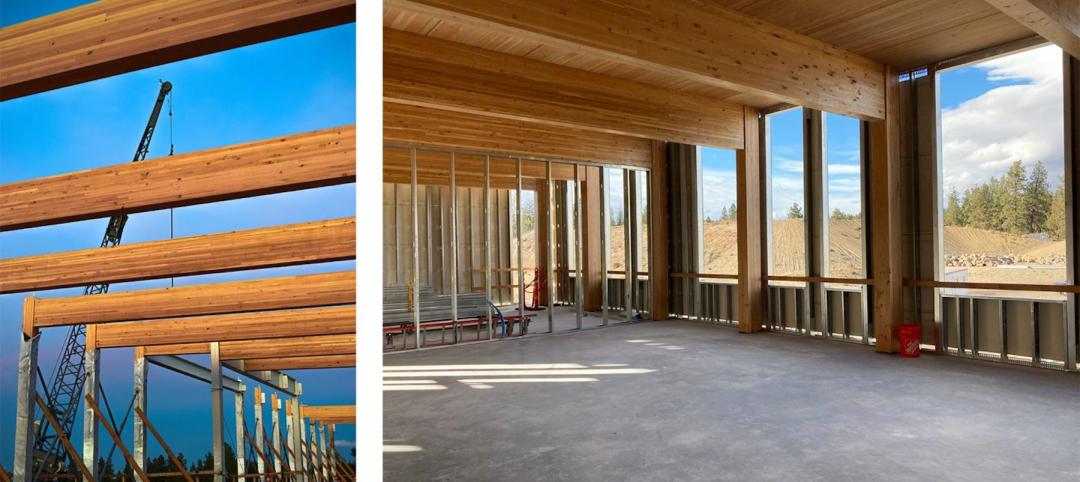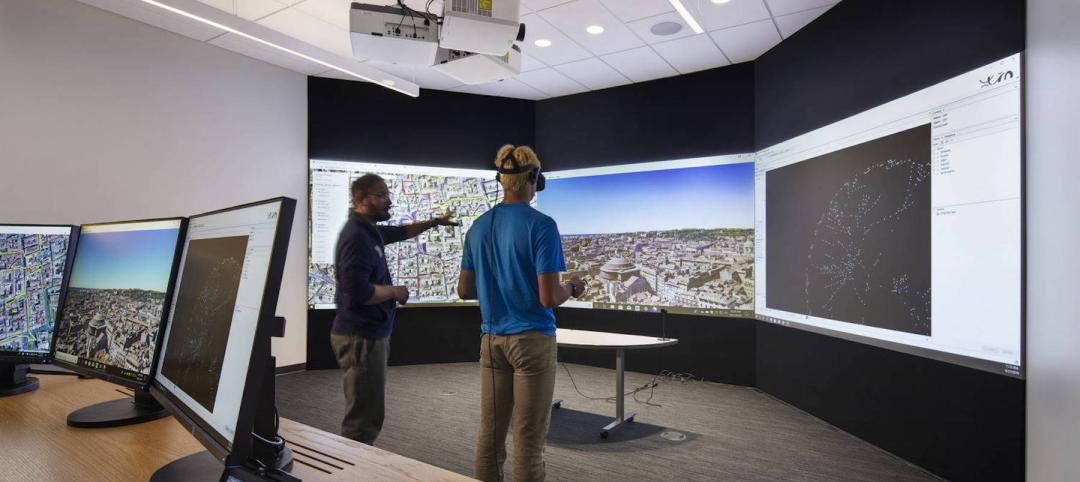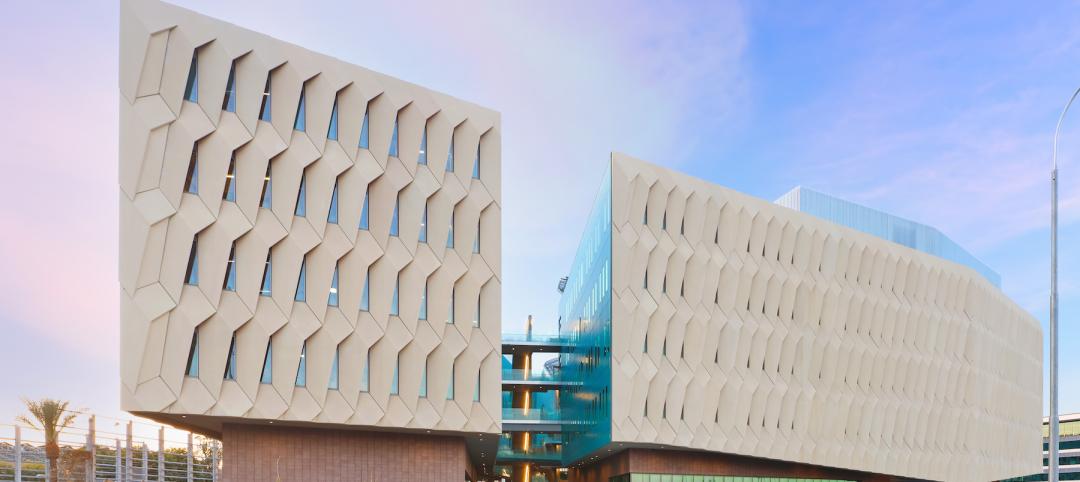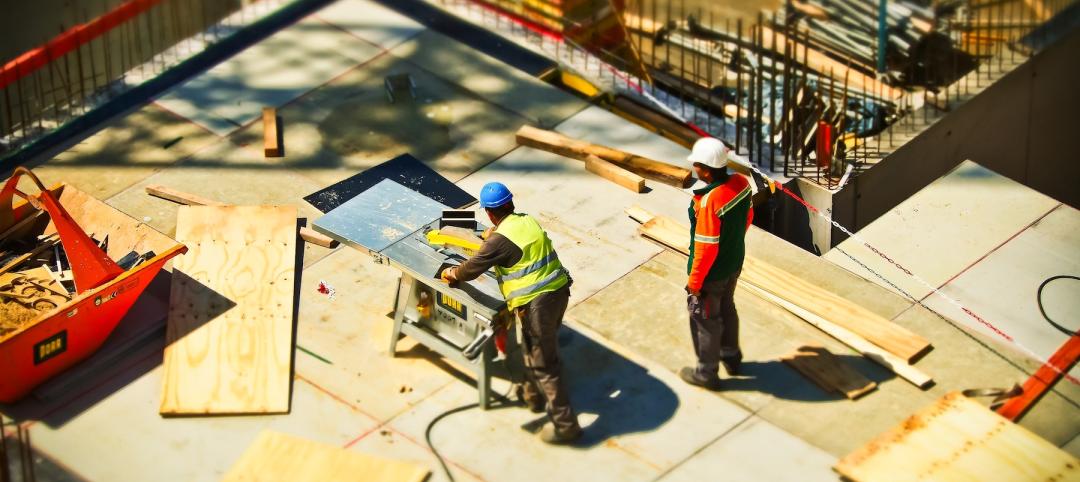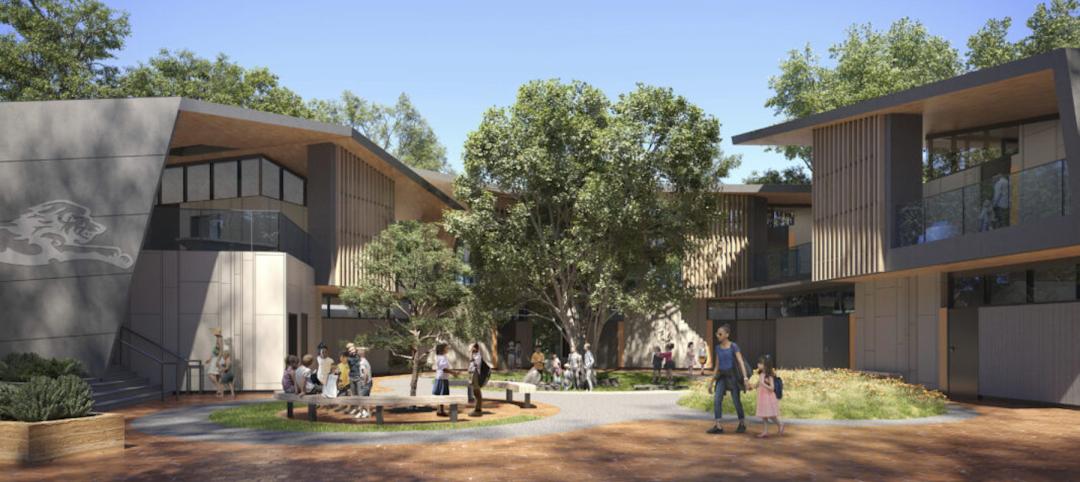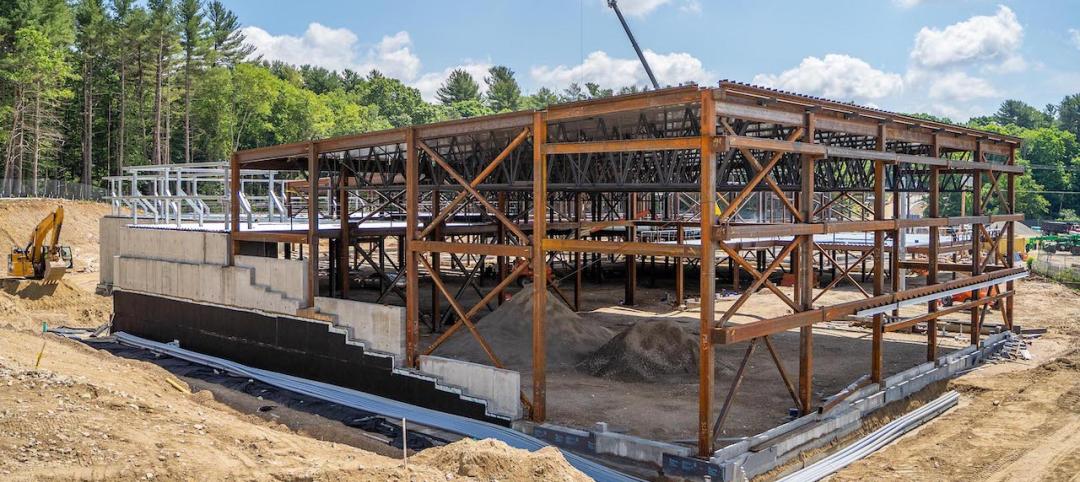The hearing over what to do with the unfinished Harmon Hotel began earlier this week with a legal nod toward Las Vegas' penchant for spectacular implosions.
Attorneys for a couple of the contractors on the project in the CityCenter complex argued for letting it stand at least until a broader trial over construction defects and determining financial responsibility begins in February. Anything less would make a fair hearing impossible, they said.
"If this building (Harmon) falls, it will travel around the world," said Jeffery Garofalo, representing Ceco Concrete Construction, referring to the expected news coverage. "It may poison the jury pool and be highly prejudicial" because so many people would associate the Harmon with horrible contractor performance.
But MGM Resorts International Inc., the half-owner and developer of the $8.5 billion CityCenter, argued public safety must come first. Nearly a year ago, the Clark County Building Division raised concerns that numerous building code defects could cause the 26-floor building to collapse in an earthquake. Last August, a CityCenter study concluded that demolition made more sense than repair.
"We're here in this courtroom today, about four years after the first safety-threatening violations were discovered," CityCenter attorney Steve Morris said. "Since then, nothing has been done."
Contractors have scheduled their own expert witnesses, who are expected to say computer modeling that prompted earthquake concerns was riddled with flaws. Perini Building Co. Inc., the general contractor, has offered in the past to repair the Harmon as the best solution. The hearing is expected to continue through Thursday.
Contractors want to preserve the Harmon as possibly the world's largest trial exhibit so they can conduct physical tests to rebut allegations of pervasive shoddy workmanship. CityCenter has so far provided raw data about mistakes, but not a final list that would explain the problems. Until then, the contractors say, they don't know exactly which tests to conduct.
The court-imposed deadline for what is called destructive testing, where small sections of the building are demolished to view the underlying work, has already passed. Morris contended that the contractors already had ample opportunity to gather any evidence they needed.
Morris also tried to dispel the idea that MGM Resorts had used its political muscle to prod the county into taking its side.
"There aren't any secrets here," he said. "There aren't any smoke-filled back rooms where conspiracies are being developed."
He said that the demolition bill would run about $30 million. Nearly $280 million was spent on the Harmon's never-finished construction.
The larger issue underlying the sprawling case, which brought more than two dozen attorneys to the courtroom of Clark County District Court Judge Elizabeth Gonzalez, involves whether Perini should be paid its approximately $500 million fee or whether CityCenter is owed damages for a job poorly done.
The testimony began with CityCenter consulting engineer Chukwuma Ekwueme methodically showing photo after photo of parts of the Harmon, where he and his team had chipped away the concrete pillars and beams to examine the steel reinforcing bars inside. Through dozens of examples, he pointed out construction errors such as missing or poorly spaced bars, which could contribute to structural failure.
His work involved taking more than 10,000 photographs and writing out 1,000 pages of field notes, he said. BD+C
Related Stories
| Aug 8, 2022
Mass timber and net zero design for higher education and lab buildings
When sourced from sustainably managed forests, the use of wood as a replacement for concrete and steel on larger scale construction projects has myriad economic and environmental benefits that have been thoroughly outlined in everything from academic journals to the pages of Newsweek.
AEC Tech | Aug 8, 2022
The technology balancing act
As our world reopens from COVID isolation, we are entering back into undefined territory – a form of hybrid existence.
Legislation | Aug 5, 2022
D.C. City Council moves to require net-zero construction by 2026
The Washington, D.C. City Council unanimously passed legislation that would require all new buildings and substantial renovations in D.C. to be net-zero construction by 2026.
Cultural Facilities | Aug 5, 2022
A time and a place: Telling American stories through architecture
As the United States enters the year 2026, it will commence celebrating a cycle of Sestercentennials, or 250th anniversaries, of historic and cultural events across the land.
Sponsored | | Aug 4, 2022
Brighter vistas: Next-gen tools drive sustainability toward net zero line
New technologies, innovations, and tools are opening doors for building teams interested in better and more socially responsible design.
| Aug 4, 2022
Newer materials for green, resilient building complicate insurance underwriting
Insurers can’t look to years of testing on emerging technology to assess risk.
Sustainability | Aug 4, 2022
To reduce disease and fight climate change, design buildings that breathe
Healthy air quality in buildings improves cognitive function and combats the spread of disease, but its implications for carbon reduction are perhaps the most important benefit.
Multifamily Housing | Aug 4, 2022
Faculty housing: A powerful recruitment tool for universities
Recruitment is a growing issue for employers located in areas with a diminishing inventory of affordable housing.
Multifamily Housing | Aug 3, 2022
7 tips for designing fitness studios in multifamily housing developments
Cortland’s Karl Smith, aka “Dr Fitness,” offers advice on how to design and operate new and renovated gyms in apartment communities.
Building Materials | Aug 3, 2022
Shawmut CEO Les Hiscoe on coping with a shaky supply chain in construction
BD+C's John Caulfield interviews Les Hiscoe, CEO of Shawmut Design and Construction, about how his firm keeps projects on schedule and budget in the face of shortages, delays, and price volatility.


